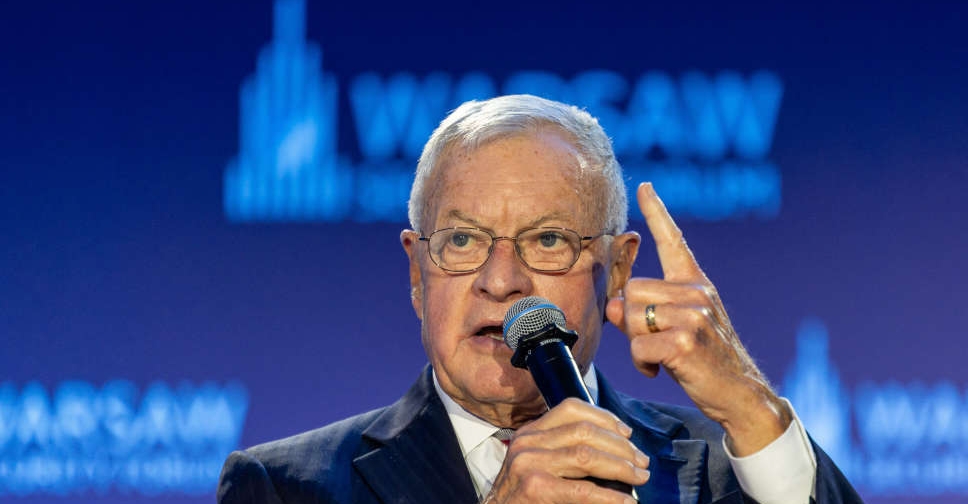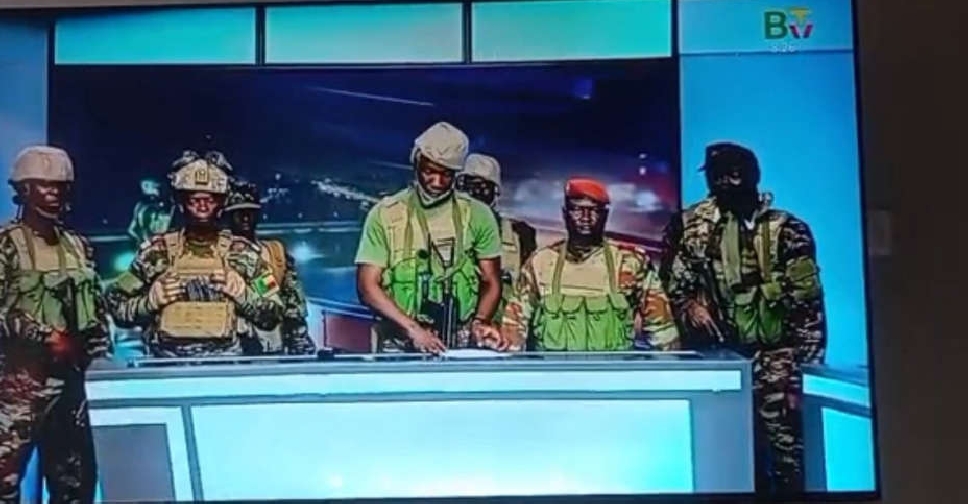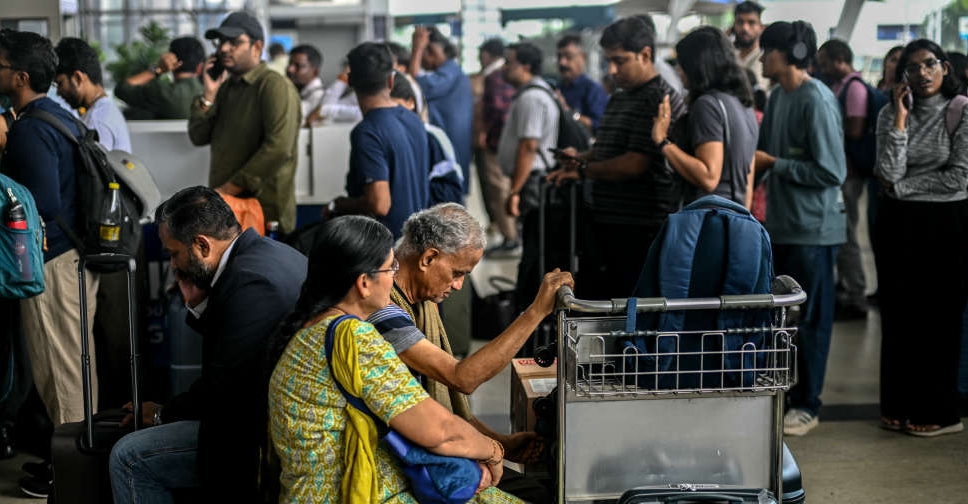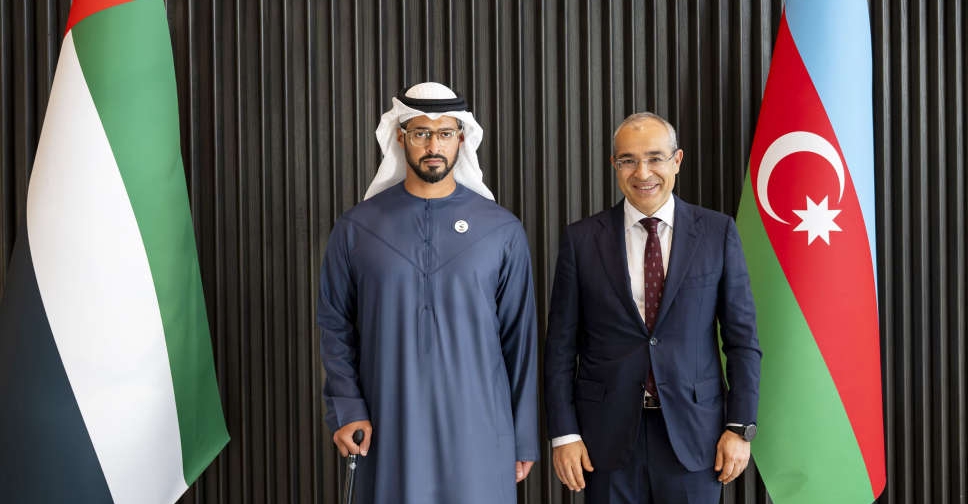
Britain will this week begin offering vaccinations to children aged between five and 11 who are most at risk from coronavirus, the state-run National Health Service said on Sunday.
Britain has been slower than some other countries in offering the shots to 5-11 year olds, and is not planning to vaccinate the age group more broadly unlike countries such as the United States and Israel.
NHS England said children in the cohort who were in a clinical risk group or who live with someone who is immunosuppressed would be able to get a first COVID-19 shot, in line with advice issued last month by the Joint Committee on Vaccine and Immunisation (JCVI).
"I would like parents and guardians to be reassured that no new vaccine for children would have been approved unless the expected standards of safety, quality and effectiveness had been met," UK vaccines minister Maggie Throup said.
"I encourage as many as possible to make sure they get their child the jab when contacted."
Children will be offered two 10 microgram doses of the Pfizer-BioNTech shot, which is a third of an adult dose.
Infections are currently high among school children in England, with the Office for National Statistics estimating that nearly 12 per cent of younger school pupils had coronavirus in the week ending January 22.


 US envoy Kellogg says Ukraine peace deal is really close
US envoy Kellogg says Ukraine peace deal is really close
 Benin soldiers claim to have seized power
Benin soldiers claim to have seized power
 Bus crash kills 14, injures 34 in Algeria
Bus crash kills 14, injures 34 in Algeria
 Fire in India’s Goa state kills at least 25
Fire in India’s Goa state kills at least 25
 India caps airline fares as IndiGo crisis leaves hundreds stranded for fifth day
India caps airline fares as IndiGo crisis leaves hundreds stranded for fifth day




